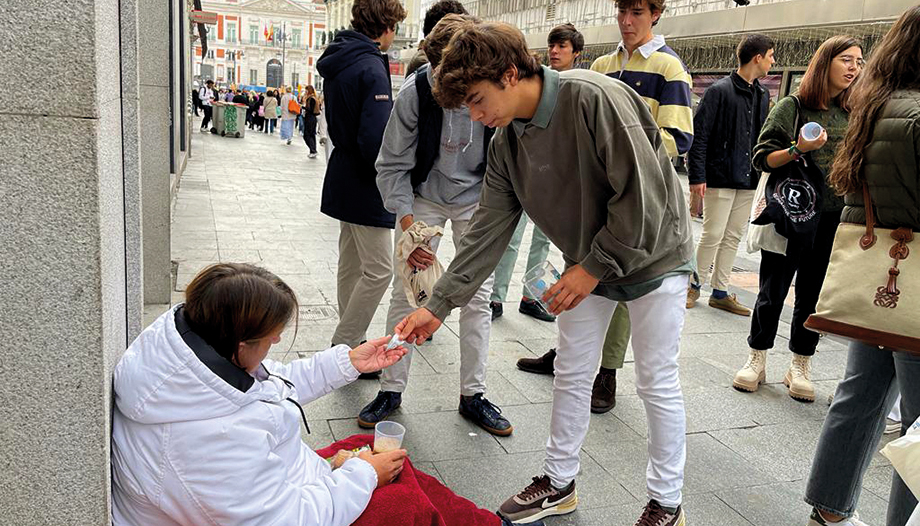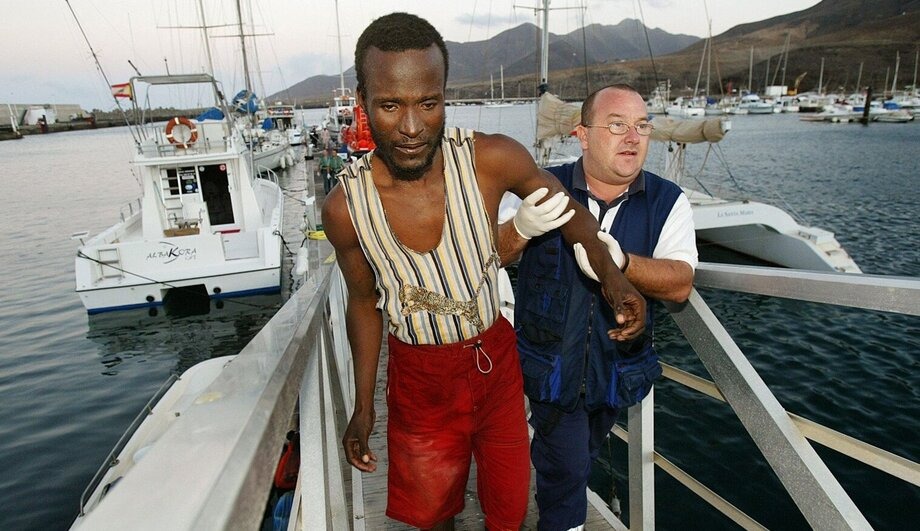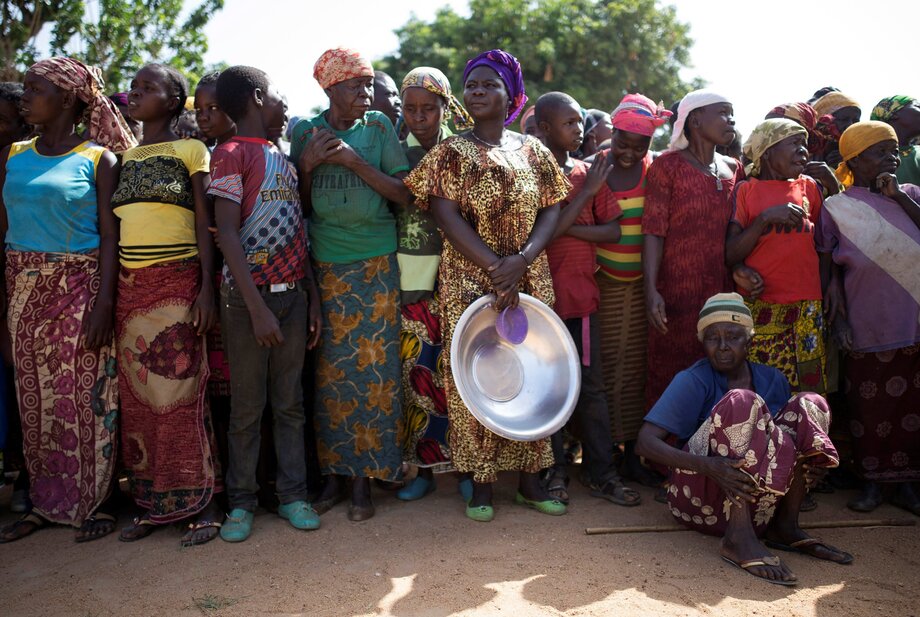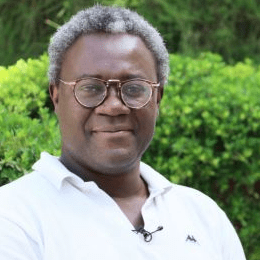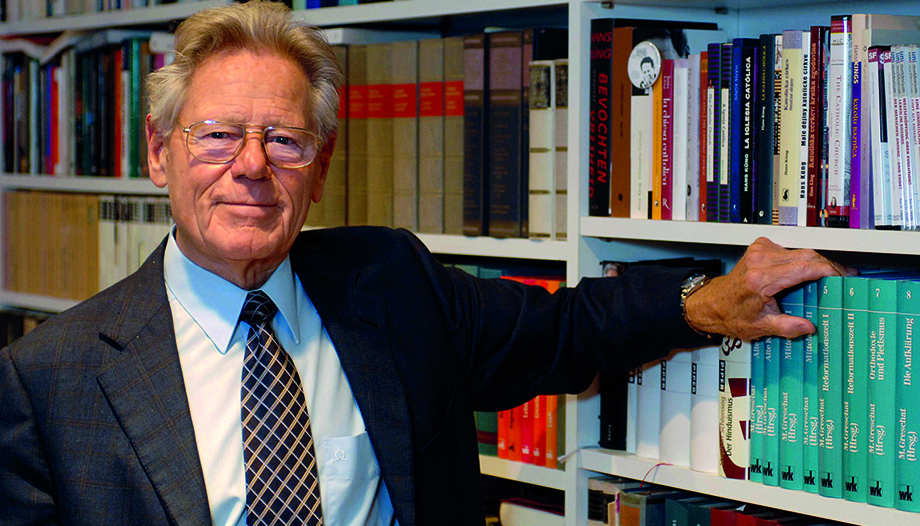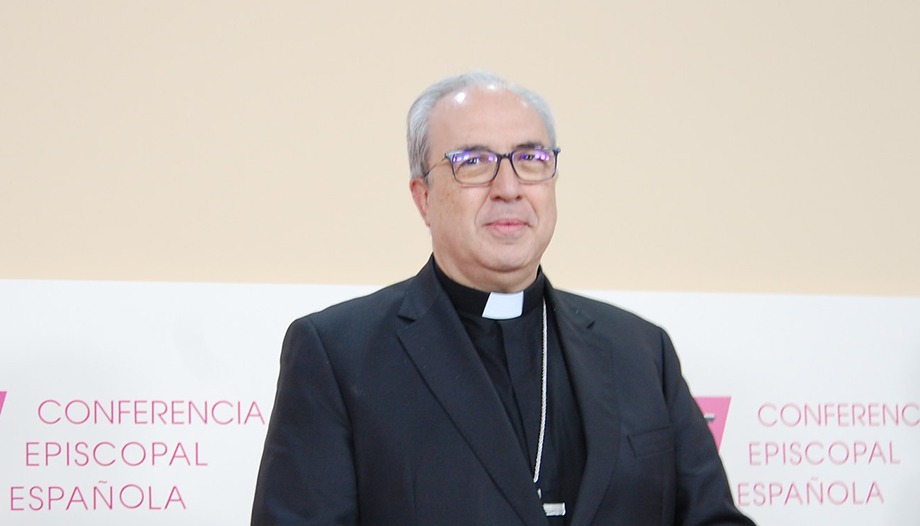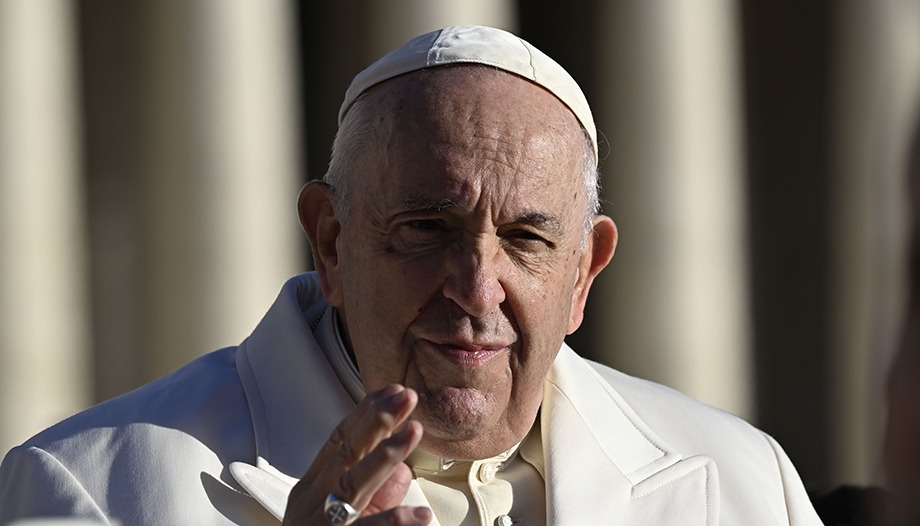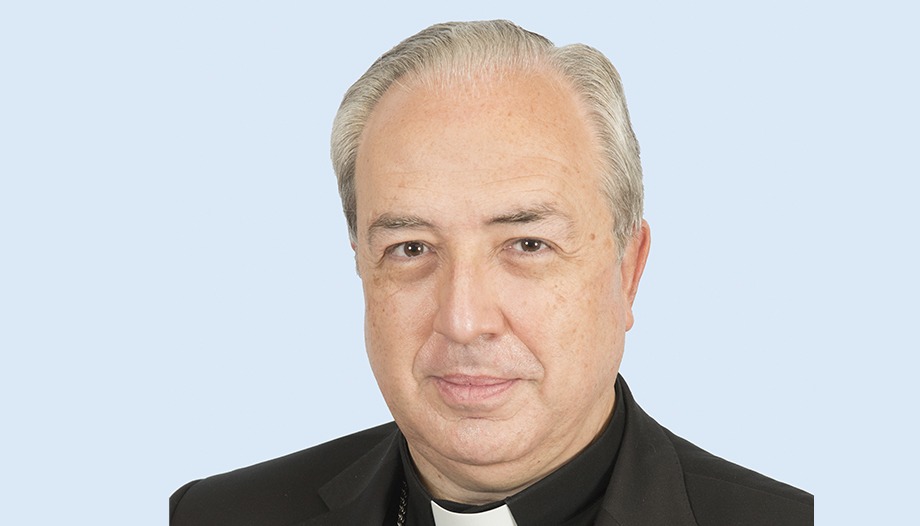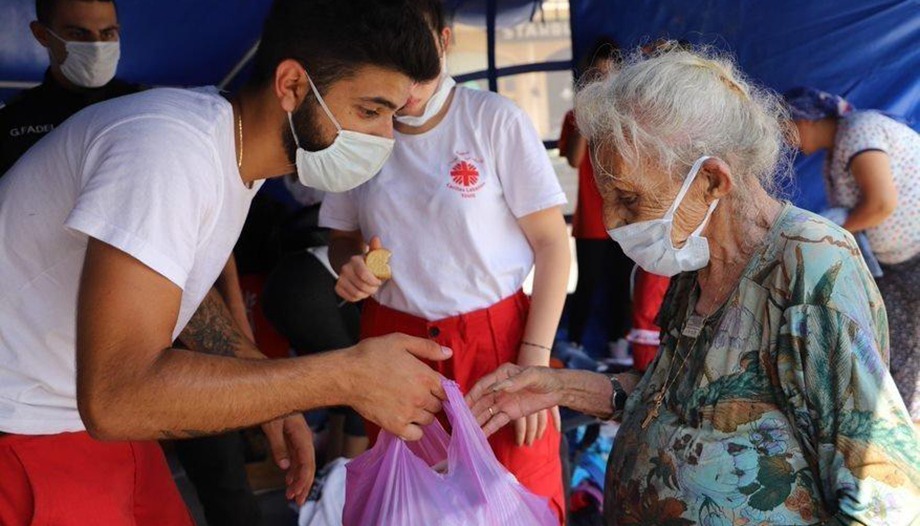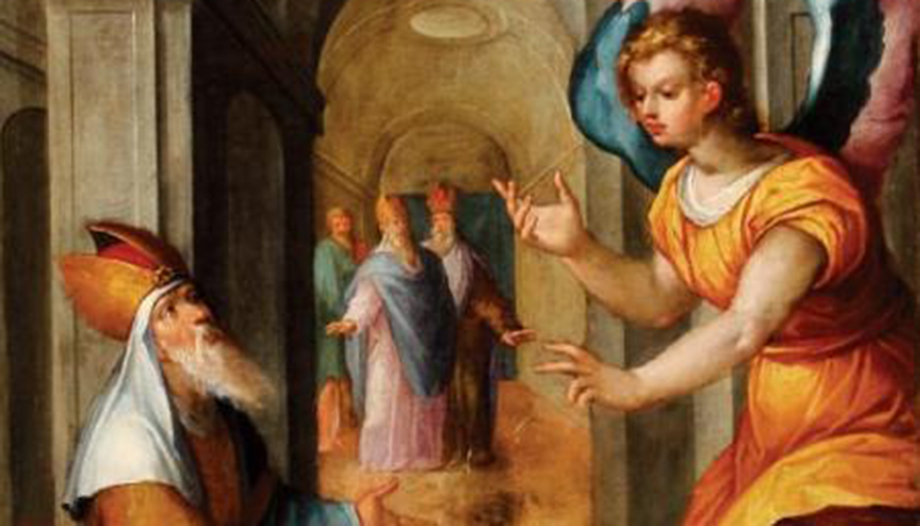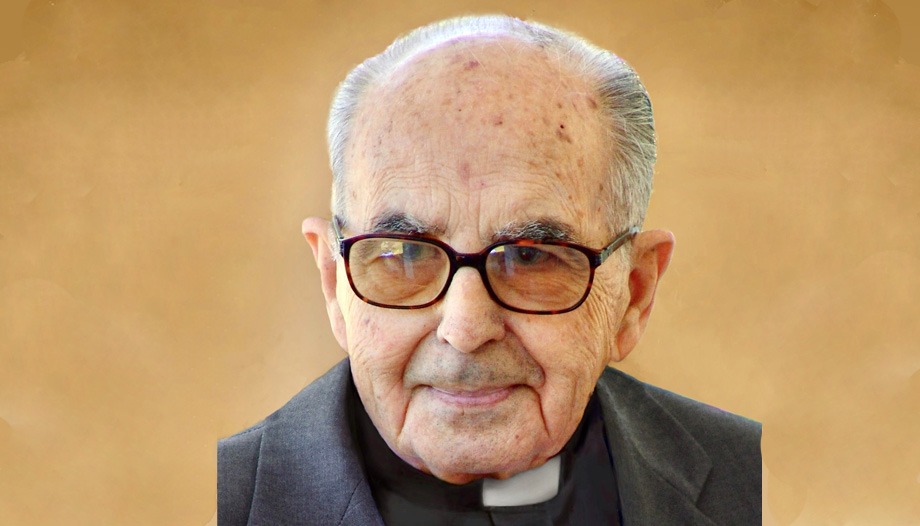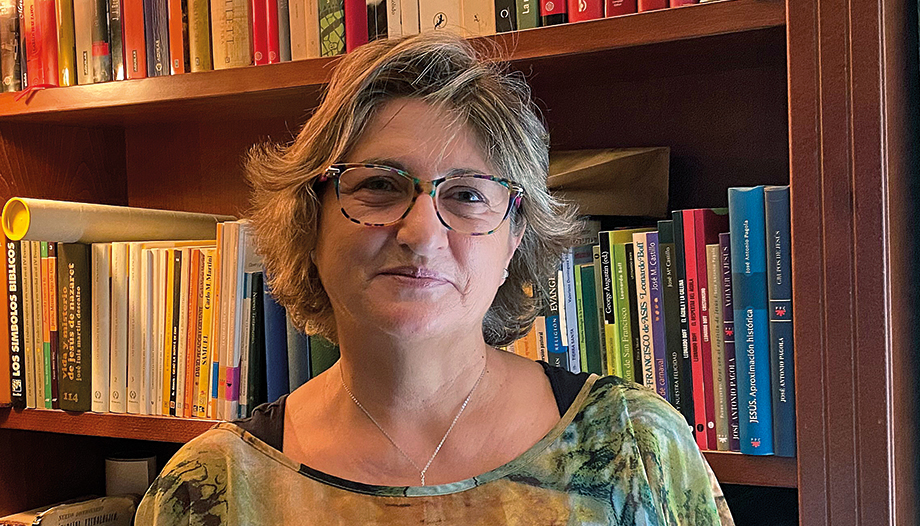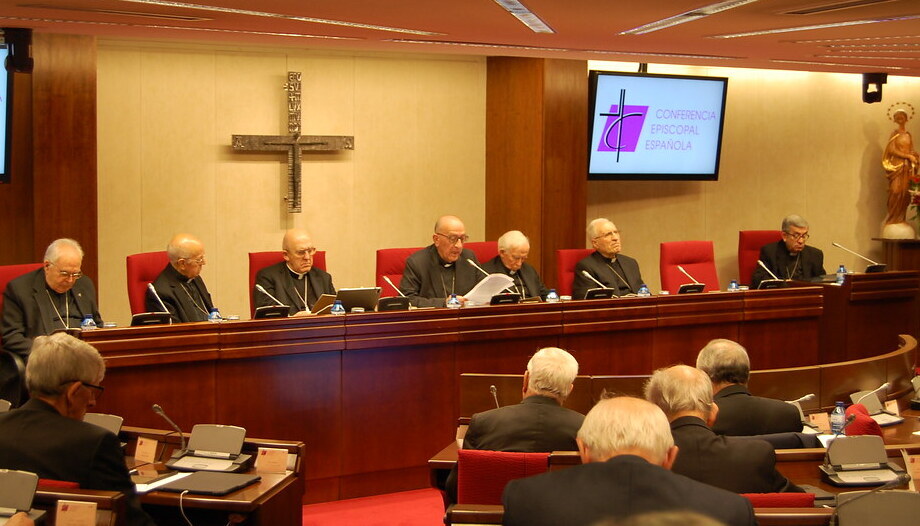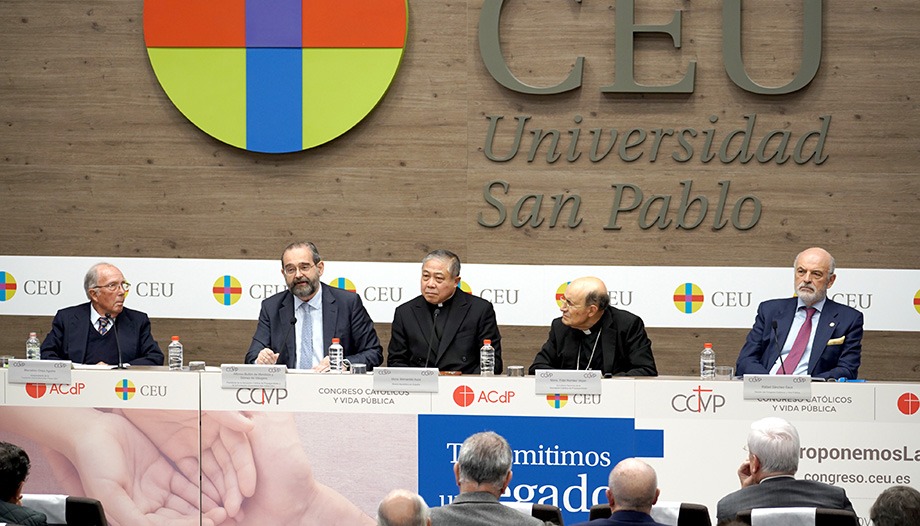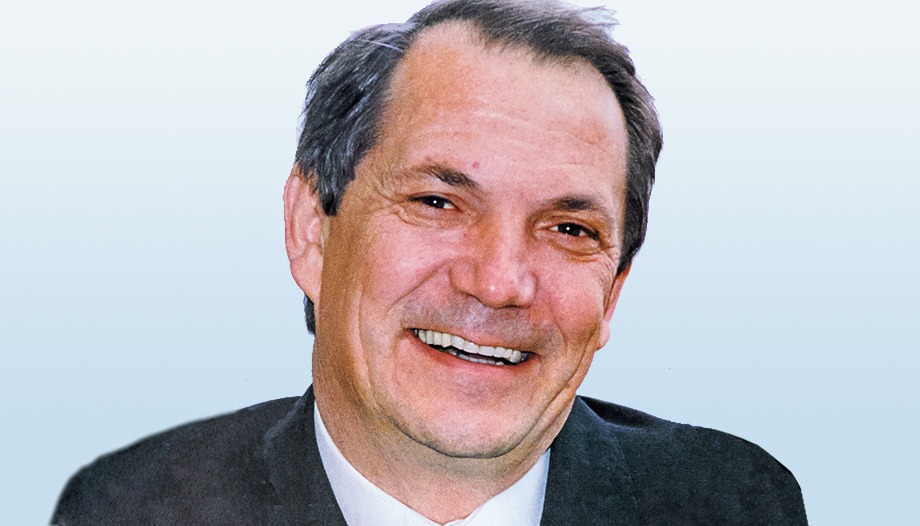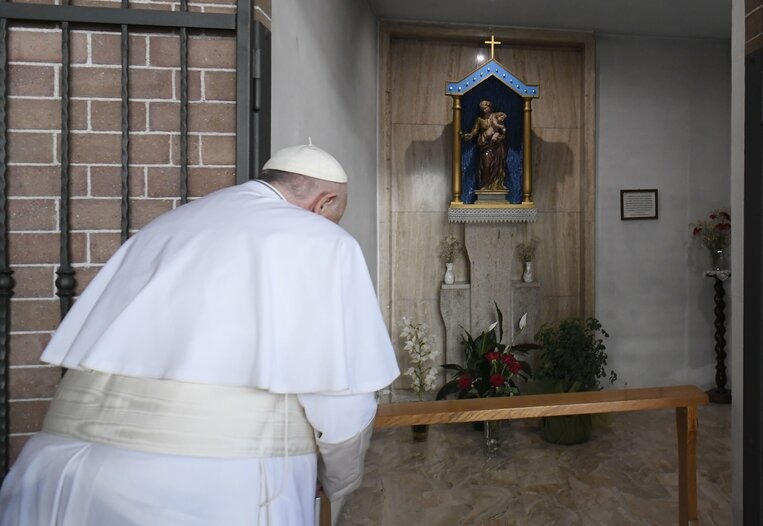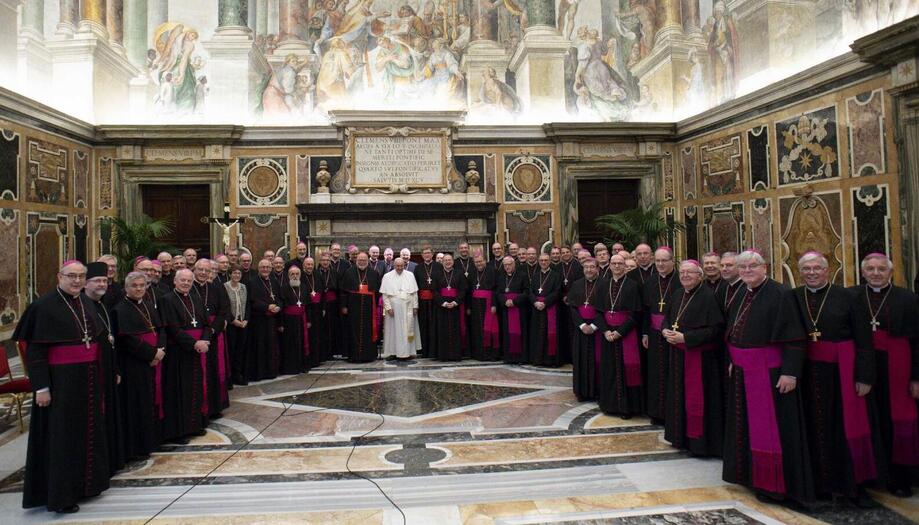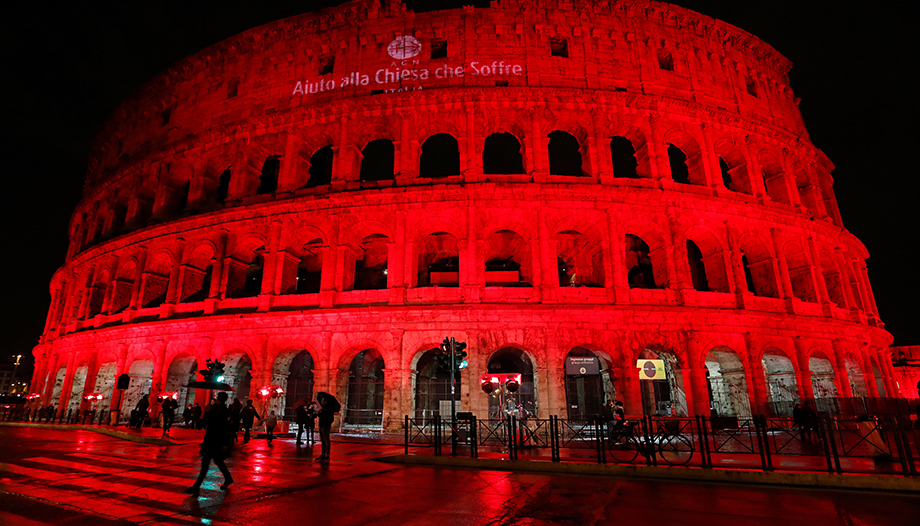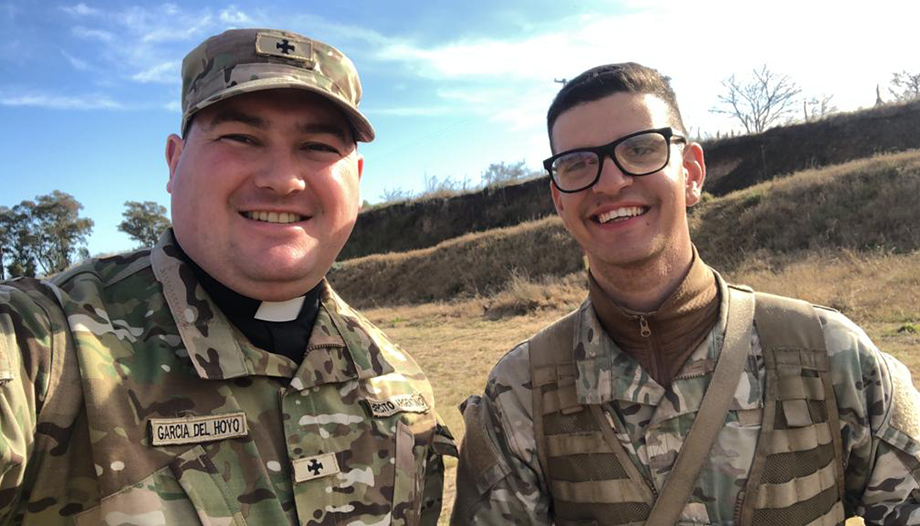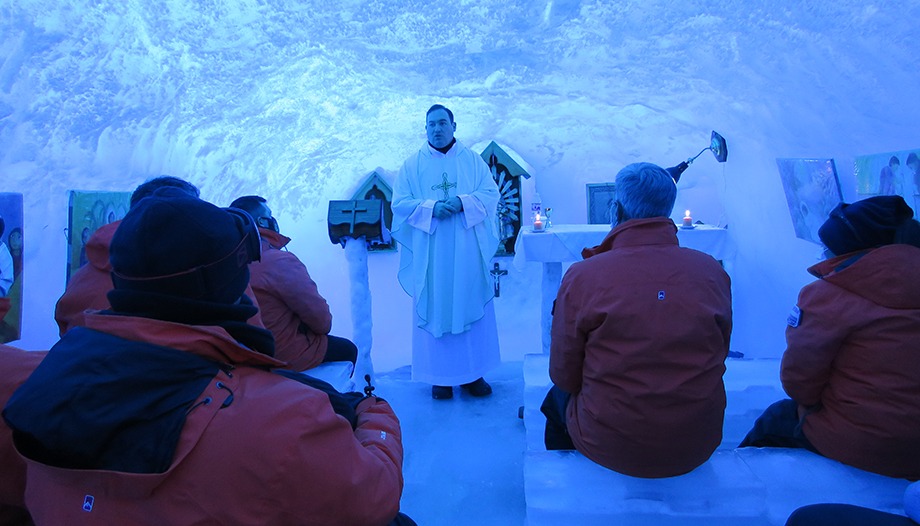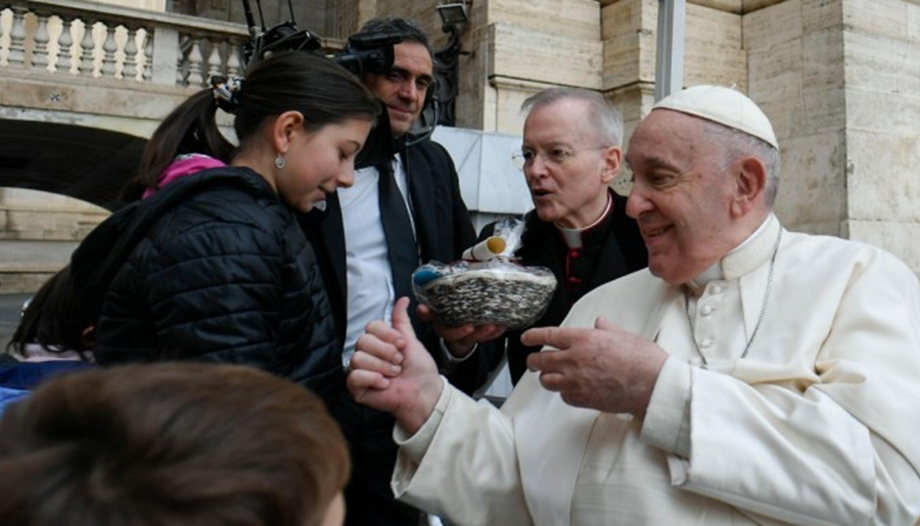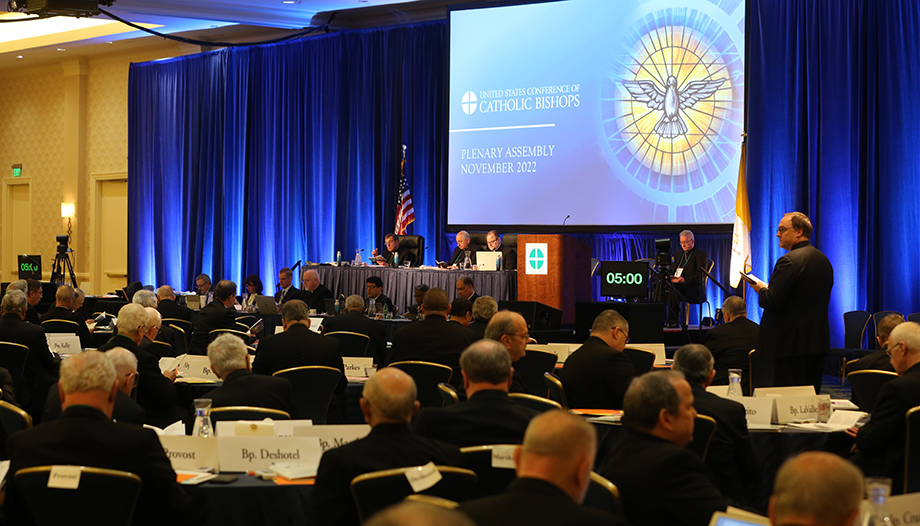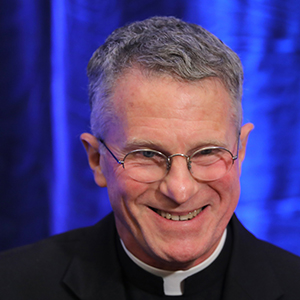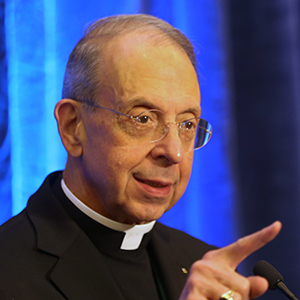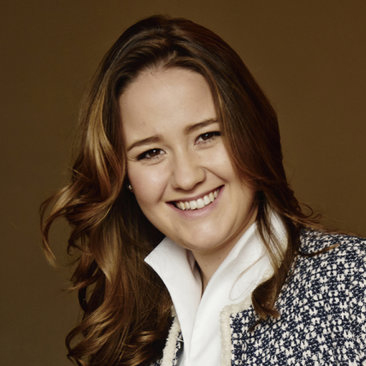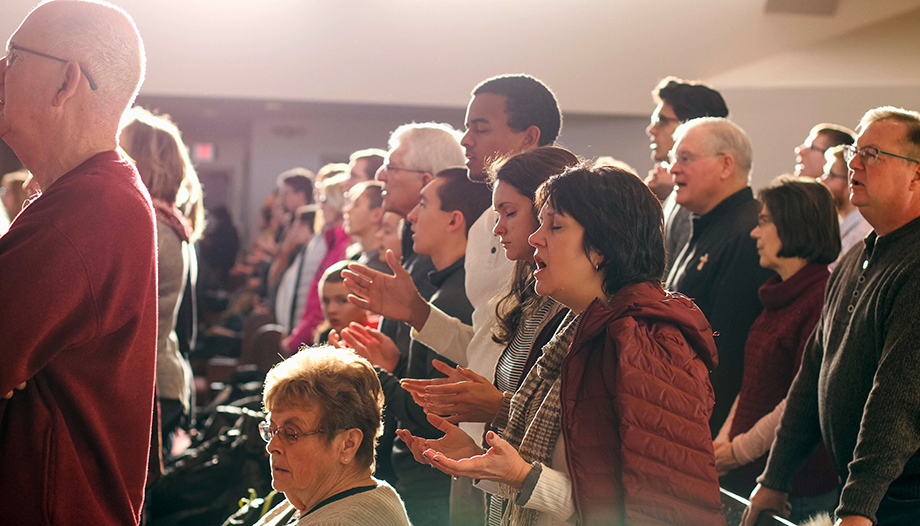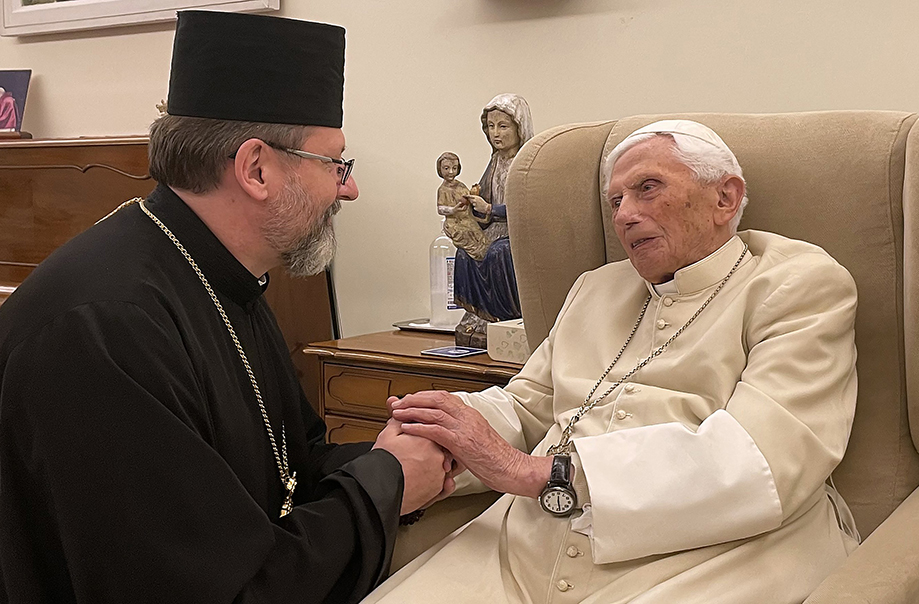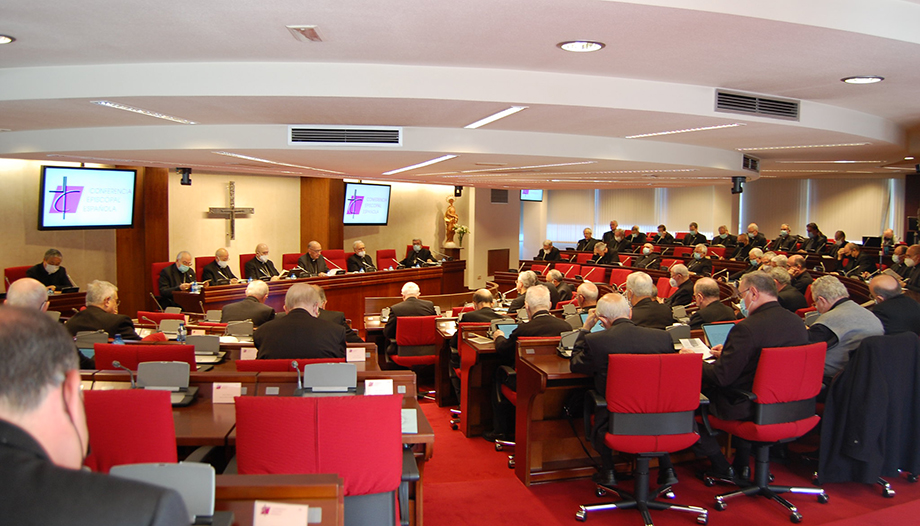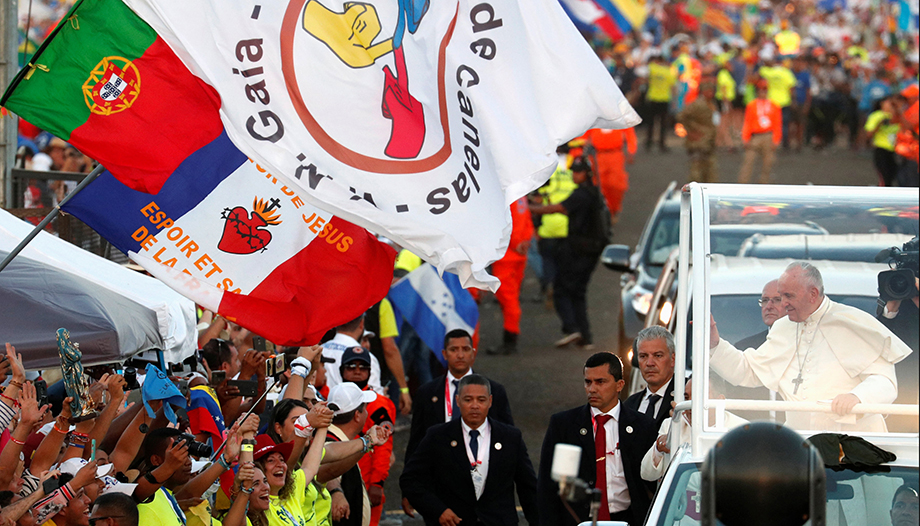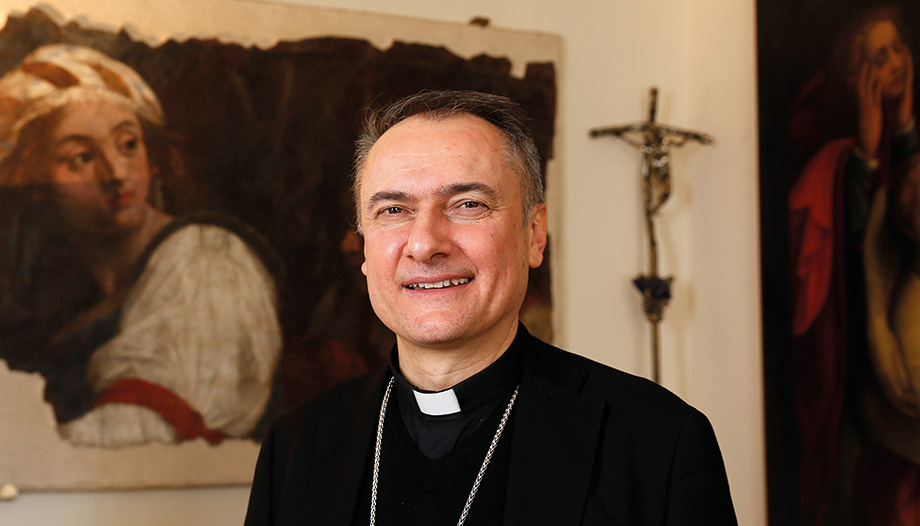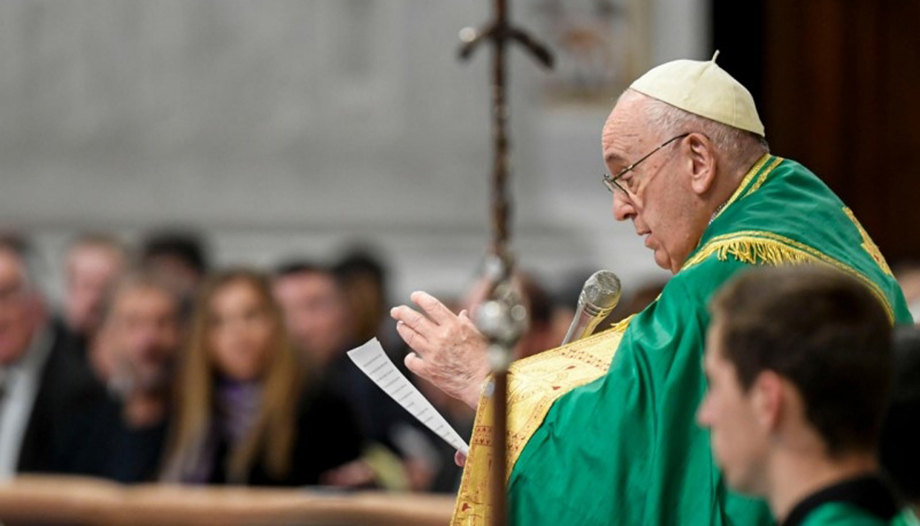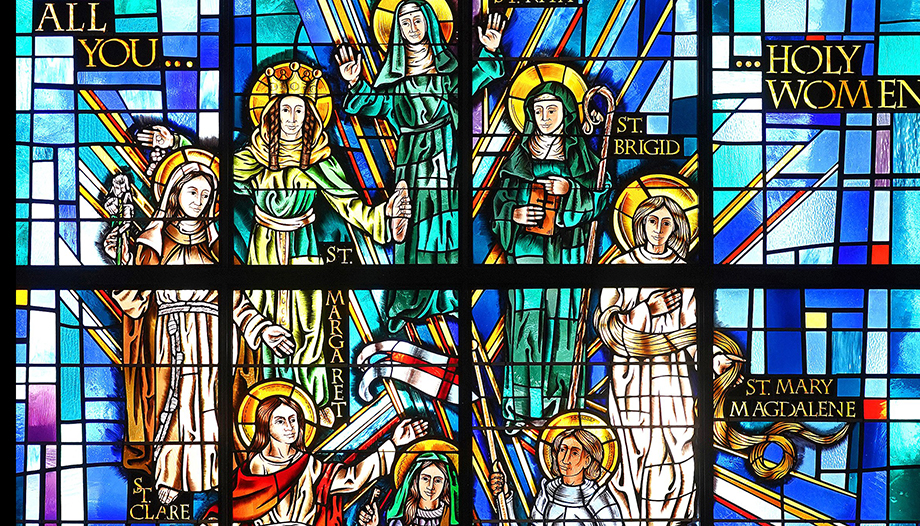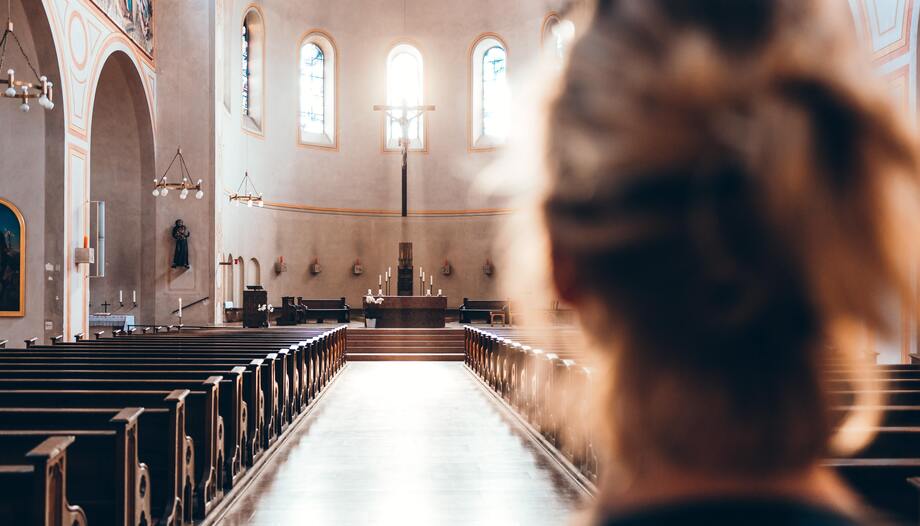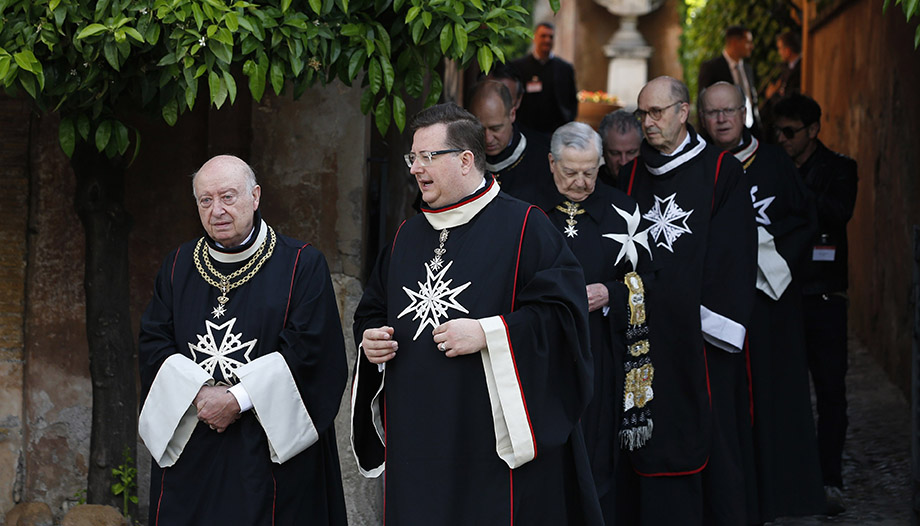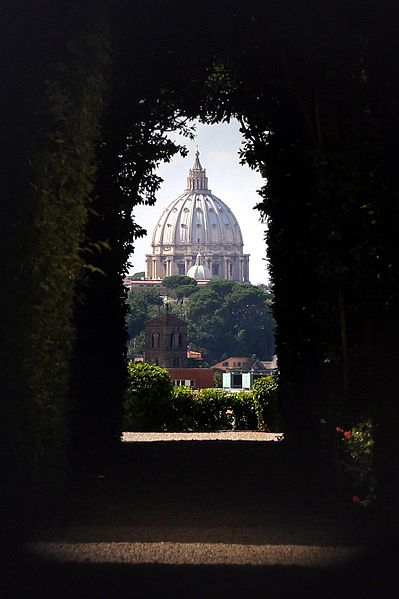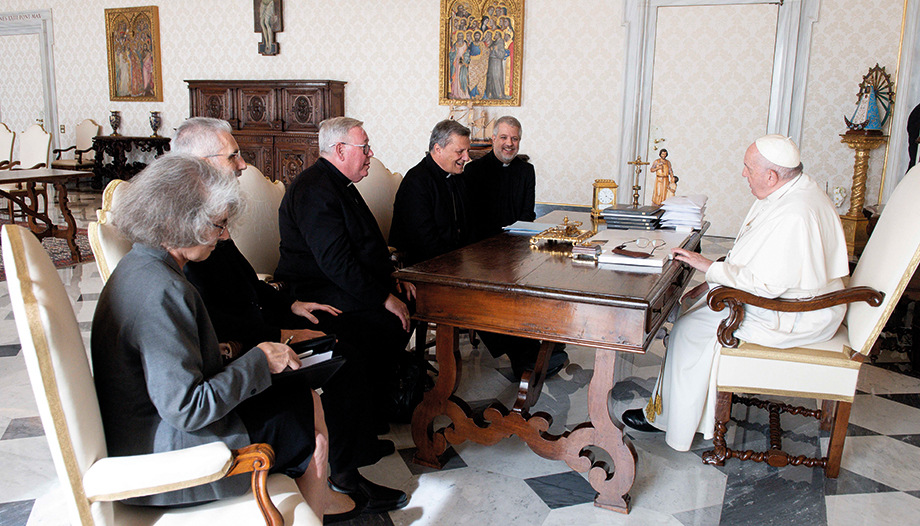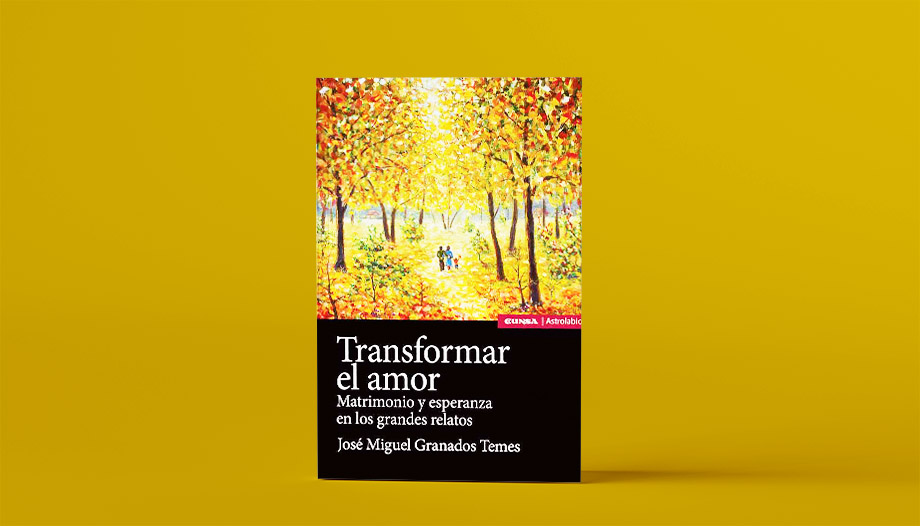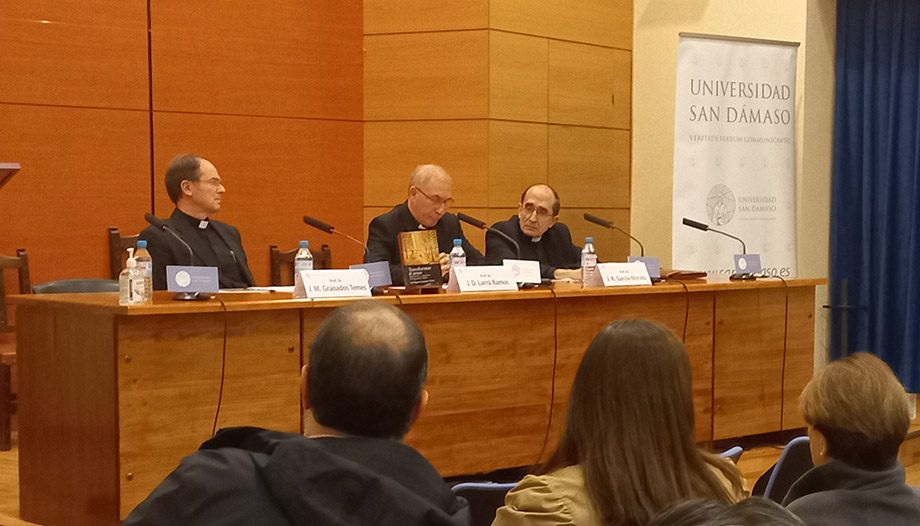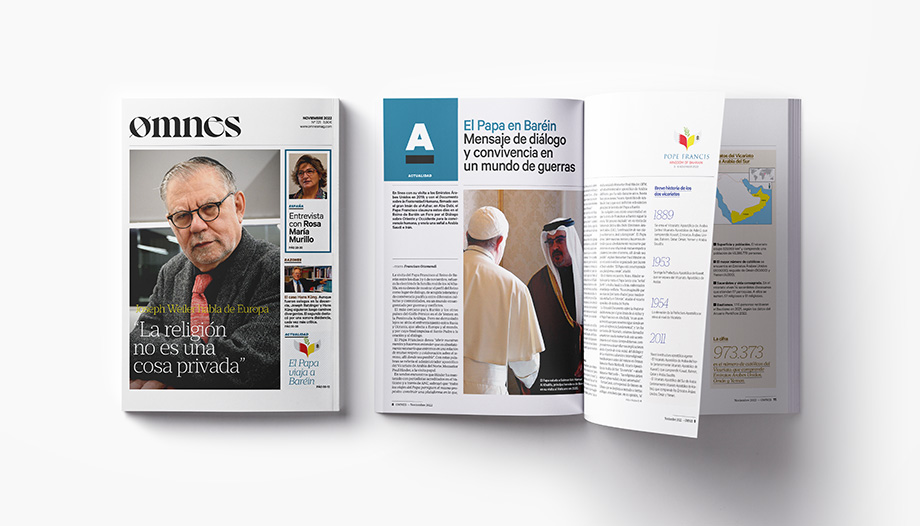Joseph Ratzinger and Hans Küng coincided as experts at the Second Vatican Council (1962-1965) and as colleagues at the University of Tübingen (1966-1968); and then they followed very divergent paths: Ratzinger towards the papacy and Küng towards a resounding dissidence. "A comparison of our respective life trajectories [...] could offer highly revealing analyses of the evolution of theology and the Catholic Church and even of society in general."Küng writes in the foreword to his second volume of memoirs, Committed truthwhile expressing his disappointment that Ratzinger has become pope.
One car and one mission
It is often remembered that, in Tübingen, Ratzinger rode a bicycle and wore a black beret, while Küng rode in a red Alfa Romeo and sporty attire. An anecdote does not portray a person. But exchanging his old Volkswagen Beetle, common among priests, for a "red" Alfa Romeo (a flashy color at the time) says something. In professions as exposed to the public as priest and teacher, these details are very significant. This one, at least, points out two things. The first is that, unlike Ratzinger, Küng had decided not to go unnoticed. The second is his intention to break with ecclesiastical clichés and accommodate himself to the modern, democratic world.
Küng never sympathized with the Marxist aesthetics and ideas then pressing in the university and in the Church. But he loved the world and the world loved him. No other theologian or ecclesiastic has received so much support in secularist circles, and so many Ph. honoris causa. His brilliance was rewarded, but also, or above all, his criticism of the Church. The modern Western world does not love the Catholic Church. As it loses its Christian roots, it feels uncomfortable with it and wants it to change with it or disappear. Küng set himself the task of overcoming the unacceptable in order to bring Christianity up to the times.
Training and professorship
Hans Küng was born in Sursee, a small town in the Swiss canton of Lucerne, where his father was a shoemaker.
After his secondary studies, he entered the Collegio Germanico in Rome (1947-1954), and studied philosophy and theology at the Gregorian University, with works on Sartre and Barth: seven years that he would remember with appreciation. He would complete them at the Institut Catholique de Paris (1955-1957), with a thesis on justification in Barth, which was directed by Louis Bouyer and published with a laudatory letter from Barth.
In 1958, John XIII convoked the Second Vatican Council, which was to begin in 1962. Küng had many ideas about what needed to be improved. In the meantime, after passing through Münster, he got the chair of Fundamental Theology in Tübingen, where he would remain for most of his life (1960-1996).
Küng's Council and post-conciliar period
He went ahead and wrote The Council and the union of Christians (1960), which brought him fame and criticism. By the time the Council began (1962), he had already lectured on the Council throughout Europe, and published another book, Church Structures (1962), with more fame and more criticism. He was called as an expert by John XXIII and moved among the bishops and before the media, becoming one of the most visible faces.
But, perhaps because of this reticence, he did not join the central theological commission nor did he play a relevant role in the drafting. This was a huge disappointment, which led him to push for reform from the outside. Thus began an increasingly critical (and contemptuous) itinerary with the "structure", which would last all his life. He would become the greatest exponent of the "spirit of the Council" to push in parallel the reform that, in his opinion, the real Council had failed to articulate. He was immensely influential because of his talent for the narrative of ideas, and because criticism interested.
After the Council, Küng's work developed in two phases, one internal, of critical reform of the Church and its message; and the second, external, of interreligious dialogue with the subsequent proposal of a world ethic. Between the two phases, there is the withdrawal of the venia as a Catholic theologian (1979).
Küng's reform
Like many others afterwards, Küng assumed the (somewhat Barthian) role of the pure prophet who courageously confronts the self-serving corruption of the impure. But while Barth attacked the deviation of liberal theologians, Küng again embodied the "gravamina nationis germanicae": the historical grievances of the German nation (and of all history) against the authority of Rome. Küng doubts that Christ wanted to found a Church, and certainly not the existing one. He loves the charismatic manifestations of the first epoch, but sees the development of the hierarchy as alien and contrary to the will of Christ. This appears in his book The Church (1967) and will be developed later. It may be objected that the unfolding of the structure was as much the work of the Spirit as the rest. This is how the first ones understood it. The historical errors, the consequence of a real "incarnation" of the "Body of Christ", do not contradict this.
He will then thoroughly revise the figure of Christ and strip it of the "Hellenic" and "Byzantine" additions expressed in the Creed. He does not like the "Trinity" or its "persons" and wants to return to the Christ of the Gospels, of the "Judeo-Christian" community, a just man elevated to the level of the Gospels. "at the right hand of God" (Acts 7:56, Heb. 10:12), animated by the Spirit, understood as the power of God. It also answers the idea of a resurrection in a literal sense. It must be said that this "Judeo-Christian" community, in addition to believing in the physical resurrection of Christ, also believed in him as "image of the divine substance" (Heb 1:3), Word incarnate (Jn 1:14), "of divine condition" (Phil 2:6), "Image of the invisible God...in whom all things were created...and who exists prior to everything." (Col 1:15-17). But this goes to the wastebasket. He wants a credible Christ for the world. In his most famous and widespread book, Being a Christian (1974), reconstructs Christianity from the reinterpretation of Christ. And, much harder, in Christianity, essence and history (1994).
Of course, in passing, in this Christian renewal all the typical claims of the modern world against the Church are assumed: ordination of women, doubts about the ordained ministry and the role of the laity, suppression of celibacy and marital morality, and, at the end, the possibility of euthanasia.
The exegetical "foundation
Küng claims to rely on the opinion of "the majority of exegetes". But the problem with "scientific" exegesis is that it is hardly "scientific", because its basis is so narrow. There is almost no data to reconstruct the facts other than the texts of the New Testament. Therefore, it depends on conjectures; and these depend on one's own prejudices. If you do not believe it possible that Christ is really the Son of God or that he rose from the dead, you have to explain how the first ones could have come to believe it. But this invented reconstruction is only an explanation of faith without faith. Whereas the faith of the Church, the basis of theology, shares the faith of the first ones, testified in the texts.
In this context, one can understand Joseph Ratzinger's effort in his Jesus of NazarethHe has worked all his life to make a believing exegesis (not a reinvented one) of the figure of Christ.
Infallible
All this made a lot of noise in the Church. At different times, the German and Roman hierarchy asked him for explanations that he refused to give. In contrast to Küng's insulting effrontery, the objections of the authorities were notoriously timid. The old Holy Office, which had become the Congregation for the Doctrine of the Faith, was constrained both by the excesses of its zeal in interventions before the Council, which it did not want to repeat, and by the foreseeable media storm that the slightest intervention would unleash.
The straw that broke the camel's back or, to be more graphic, the cake that exploded in front of everyone's faces, was Küng's book, Infallible? A Question (1970). It was a provocative historical review of Vatican Council I with a direct attack on the authority of the Pope in the Church. Many leading theologians raised serious objections (Rahner, Congar, Von Balthasar, Ratzinger, Scheffczyk...). But Küng reasserted himself: Fallible, a balance sheet (1973). The joke circulated at the time that some cardinals had gone to offer Hans Küng to become Pope, but he apologized, arguing that if he accepted, he would no longer be infallible.
The withdrawal of the venia docendi (1979)
After much hesitation, it was decided, with John Paul II, to withdraw his venia docendi which qualified him to teach as a Catholic theologian (December 15, 1979). It was the minimum. Contrary to what is usually repeated, Ratzinger was not yet at the head of the Congregation. While the German hierarchy conveyed to him, between cotton wool, that perhaps some aspects were not entirely in line with the doctrine, he denounced a corrupt, foolish, constant and inquisitorial abuse of power by an illegitimate hierarchy with no foundation in the Gospel. He was always prodigal in his "prophetic" disqualifications of his opponents: in all his works, in his memoirs and especially in his interviews. His fans and the media liked him, although he made his academic colleagues uncomfortable.
The effect of that withdrawal was simply that his University transferred his professorship from the Faculty of Theology to the Faculty of Philosophy, so that no permission was needed; the secularist press made a scandal, full of praise for him and denigration of the ecclesiastical authority; the world showered him with doctorates and doctorates. honoris causaand thus achieved a new worldwide fame.
New interests
"The withdrawal of the ecclesiastical license [...] was for me a deeply depressing experience. But at the same time it meant the beginning of a new stage in my life. I was able to deal with a whole series of topics [...]: women and Christianity, theology and literature, religion and music, religion and the science of nature, the dialogue of religions and cultures, the contribution of religions to world peace and the need for an ethic common to all humanity, for a world ethic." (Humanity lived(foreword; this is the third and last volume of memoirs).
Indeed, he turned his attention to religions and wrote thick volumes of quite interesting works, such as Judaism, past, present and future (1991), Islam. History, presence and future (2004), with his good storytelling (although with some barb when necessary). He also maintained an intelligent defense of God in the face of the modern world and the sciences: The beginning of all things. Science and religion (2005).
From interreligious dialogue, he then embarked on a project of global ethics, seeking common ethical minimums. He created the Foundation for Global Ethics (Weltethos Foundation) which he directed very actively (1995-2013), involving many celebrities and international organizations. The project is not without interest, as Benedict XVI emphasized in the long interview they held at Castelgandolfo (24-IX-2005), where, by common agreement, they focused on this and not on doctrinal difficulties.
We have begun with Barth, and it is difficult to avoid realizing that we have moved from Christian faith to ethics. This is precisely what Barth criticized Protestant liberal theology and Kierkegaard criticized bourgeois society. But it is inevitable if we turn Christ alone into a good man chosen and elevated by God. Undoubtedly, Küng appreciates this "evangelical" Christ and wants to assume him and propose him as a model, but if he is not really the Son of God, God has not opened up to us and "theology"-logy is over. We can hardly speak of God, as happens in Judaism and Islam. Küng likes the last title of God in Islam: the unknown or unnamable. By contrast: "No one has ever seen God; the only begotten Son who is in the bosom of the Father has revealed Him to us." (Jn 1:18). Thus we can live in Him. But Küng did not like the subject of indwelling and divinization either: it seemed to him that no modern man could desire such a thing....
Küng heretic?
Apart from the fact that the matter needs to be rethought, today it is practically impossible to declare anyone a heretic. Küng is not: there has been no formal condemnation or expulsion, not even suspension. a divinis. Küng has often compared the Magisterium and the Roman Curia to the Gestapo, but the fact is that today the Church has no power. It is much more of a victim than an executioner; and perhaps it is better, because it is more Christ-like.
Of course, Küng represents a heterodox option very widespread in the Catholic Church of the twentieth century. He himself was sure not to say what the Church says about itself and about Jesus Christ (and about morality) because it seemed unpresentable to him. Thus he won the appreciation of the world and the enthusiastic recognition of the most progressive sector of the Church, dominant at the time, although in recent decades it has declined much faster than the Church itself (one cannot saw its foundations). In the end it is becoming clear that Catholic theology cannot follow Küng and that (poor) Ratzinger is a better way.











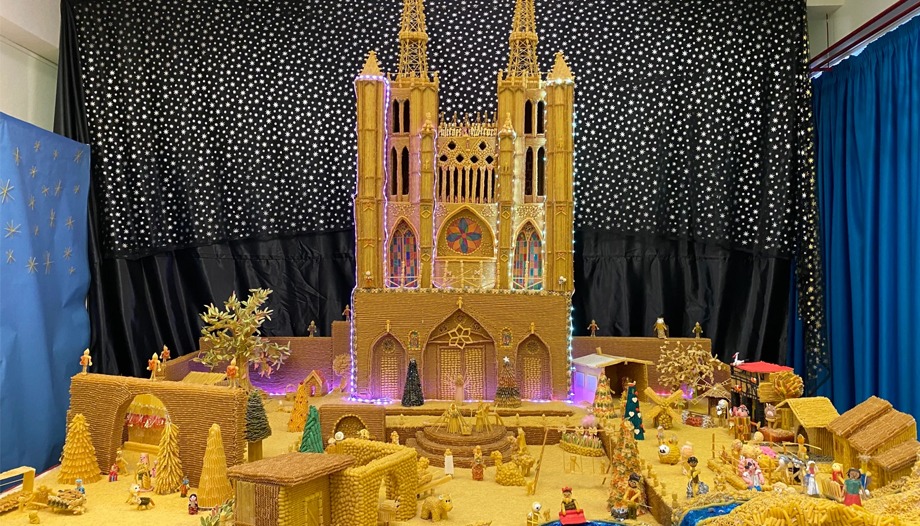
 Exhibition of Nativity Scenes at the Vatican
Exhibition of Nativity Scenes at the Vatican